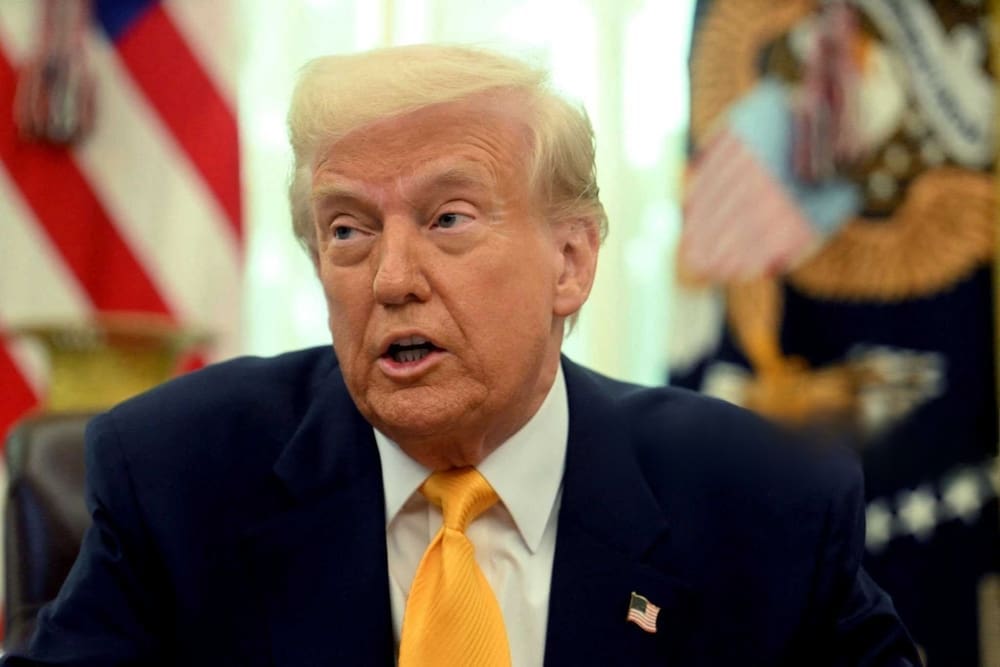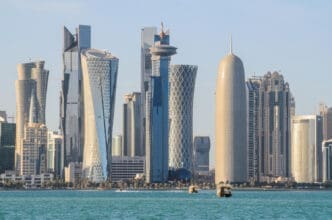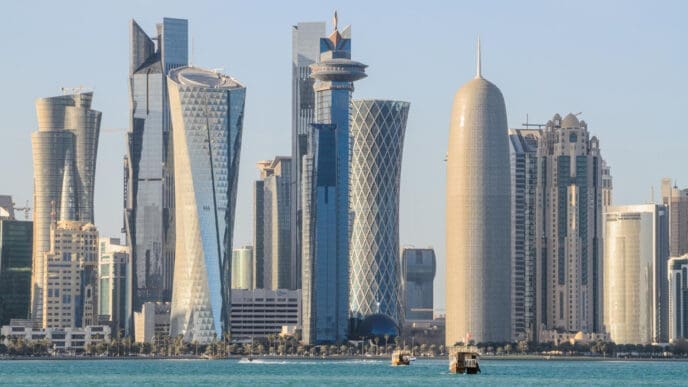Jerusalem/Washington/Dubai, June 18, 2025 – The prolonged air conflict between Israel and Iran has entered its sixth day, marked by intensified missile exchanges despite President Donald Trump’s call for Iran’s unconditional surrender. The escalating tension has drawn global attention as both nations continue to launch aerial attacks, further destabilizing the region.
Early Wednesday, the Israeli military reported that Iranian forces had launched two waves of missiles targeting Israel, with explosions heard over Tel Aviv. In response, Israeli forces advised residents near Tehran to evacuate as they prepared to strike Iranian military sites. Iranian media confirmed explosions in Tehran and Karaj, highlighting the escalating conflict’s impact on densely populated areas.
In a series of posts on Truth Social, President Trump warned that U.S. patience with Iran was diminishing. While he indicated there was no current intention to target Iran’s Supreme Leader, Ayatollah Ali Khamenei, his remarks hinted at a more assertive U.S. stance. “We know exactly where the so-called ‘Supreme Leader’ is hiding,” wrote President Trump. “We are not going to take him out (kill!), at least not for now … Our patience is wearing thin.” He emphasized the need for “UNCONDITIONAL SURRENDER!”
President Trump also spoke with Israeli Prime Minister Benjamin Netanyahu amid the escalating conflict. The administration’s communication has oscillated between military threats and diplomatic efforts, contributing to the ambiguity surrounding U.S. intentions in the region. However, British Prime Minister Keir Starmer, addressing the Group of Seven summit in Canada, reassured that there was no indication of U.S. entry into the conflict.
The U.S. is bolstering its military presence by deploying additional fighter jets to the Middle East and extending the deployment of existing aircraft. According to U.S. officials, these measures are intended to support defensive operations, including intercepting missiles targeting Israel.
The air war has severely impacted Iran’s leadership, with key military advisors to Khamenei being killed, significantly impairing their strategic capabilities. This security breach has led Iran to impose a ban on officials using mobile devices to prevent further vulnerabilities. Furthermore, Israeli cyberattacks have targeted Iran’s digital infrastructure, exacerbating the nation’s internal challenges.
Iran’s influence in the region has declined since Iran-backed Hamas initiated hostilities against Israel in 2023, prompting Israeli retaliation against Iran’s affiliates, including Hezbollah in Lebanon and militias in Iraq. The removal of Syria’s Bashar al-Assad has further isolated Iran geopolitically.
Israel justified its aggressive actions by citing Iran’s alleged nuclear ambitions, claiming the Islamic Republic was nearing nuclear weapon development—a charge Iran vehemently denies, asserting its nuclear program is for peaceful purposes.
As the conflict persists, casualties continue to rise, with Iran reporting 224 deaths, primarily civilians, and Israel recording 24 civilian fatalities. The situation has also led to widespread evacuations in affected areas. The global oil market remains on alert, especially after attacks on vital sites like the South Pars gas field shared by Iran and Qatar.
The international community now watches closely as Israel maintains control over Iranian airspace, signaling an escalation of their campaign. However, any direct assault on Iran’s deeply entrenched nuclear sites would likely require U.S. participation, given their fortified locations.
The unfolding crisis highlights the dire need for diplomatic resolution to prevent further loss of life and regional instability.














